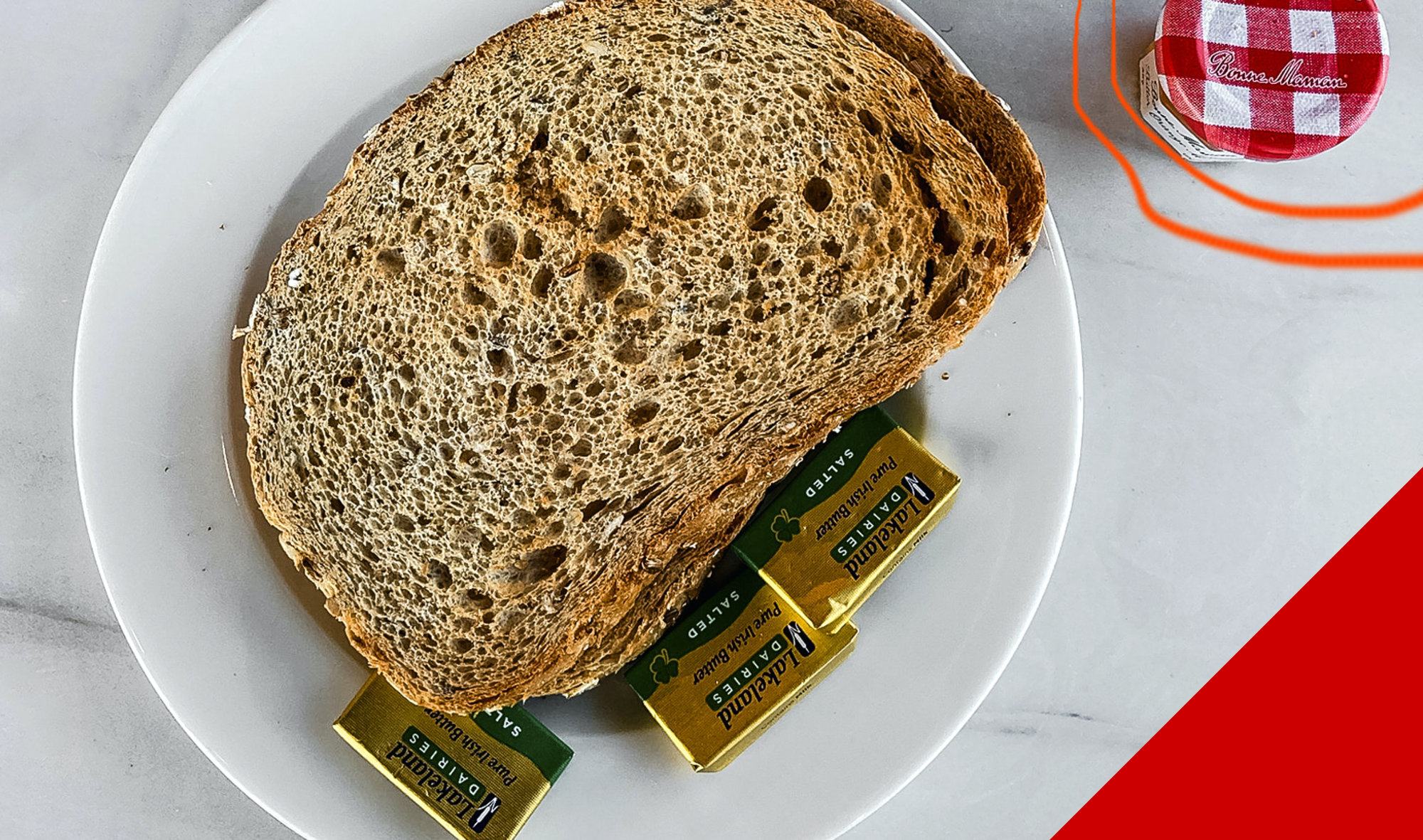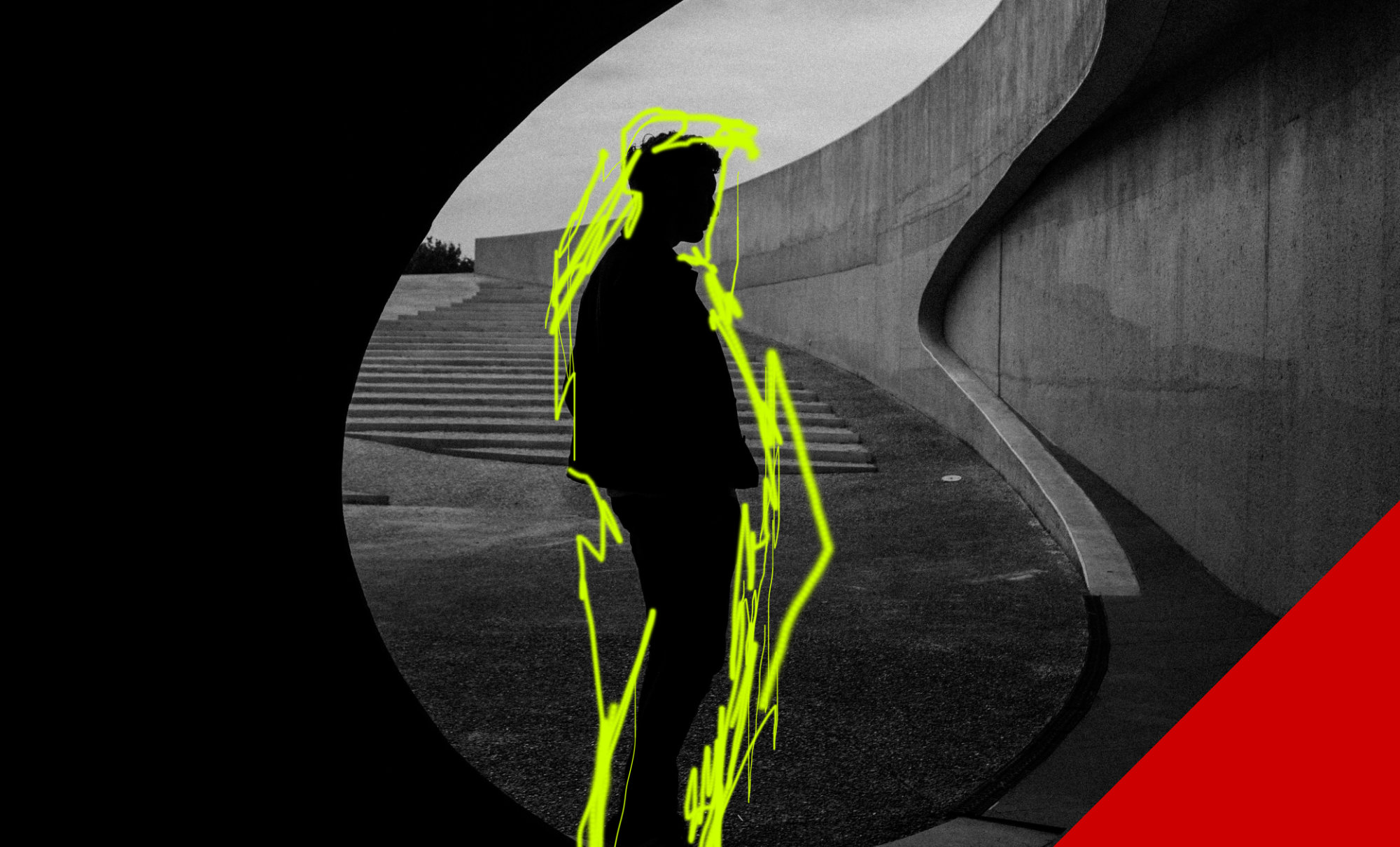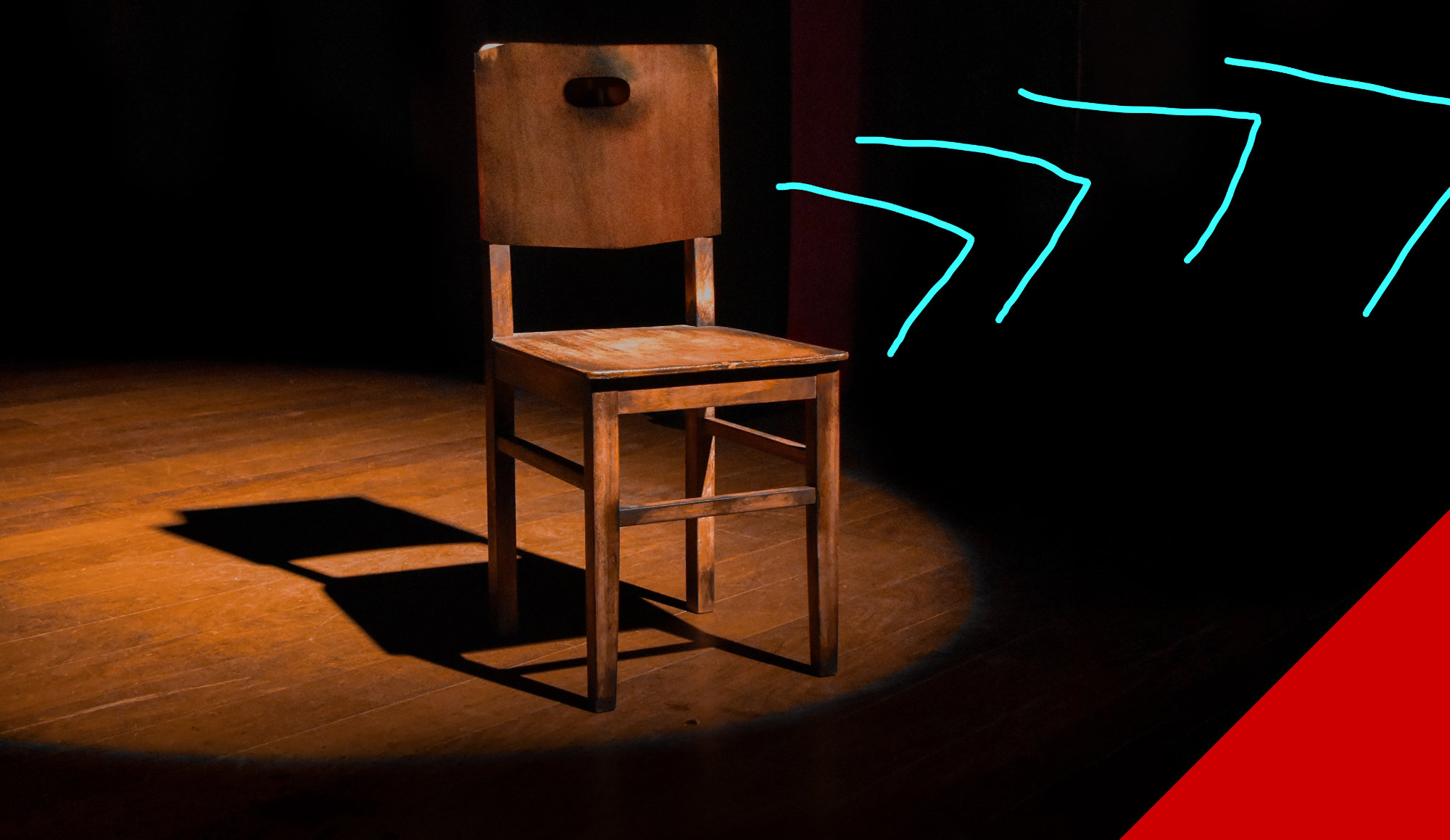
Lots of entertainment companies are going with WordPress. It’s running a lot of the web. People also jump on Squarespace or Wix or Weebly or whatever and that’s great. I highly recommend 8b.com also if you want to do things fast and cheap. Sometimes a person just needs to get a site up and have it not look terrible and give people contact info or a signup form or something.
Now, all these folks are getting hired to create sites on these DIY platforms for clients. It’s pretty nuts because the solutions usually aren’t good and it leaves clients with a clunky, bloated, and non-bespoke site.
Most of the promises of WordPress and the like are true, but do we need these promises. The most beloved promise, but also the most useless promise is “You can update it any time.”
In most cases, a good site can stay stagnant for three to five years and keep performing well
Keeping the value
The purpose of a site is to give great value, reinforce the brand, and send no red flags. When we update our website, it is no light job. To be responsible with it, we are reevaluating these aspects every single time. We are thinking about how the entire website works together to do this heavy lifting. It’s a lot to empathise with the user, to remember our identity and to align with the market. If we have a plugin with our instagram feed, are we ready to standup for our latest post every time and make sure that it’s showing our best side? That puts more unnecessary friction in our social flow.
Keeping out cobwebs
Oh, we want to add a news section or a blog or a performance calendar to our site so that it looks fresh. Usually this is like adding a produce section to a furniture store. Oh, it’s great to be able to get a banana while looking at beds, sure but the staff isn’t ready to keep it good.
Not even celebrities have constantly good news. So, either we have that appearance on Comedy Central from two years ago and it looks like a “gap in the resume” or we have some news that makes us look amateurish or low achieving.
Same with a blog. There are a lot of sites out there with the latest blog post that says “this is my first of many blog posts” or it describes what will be on the blog in the future. Silly.
When blogging, do we want to write something interesting and at the same time on brand? If not, our visitors will probably not search carefully for the most flattering blog post. They will read the top ones. Those top ones either need ot make us look rad or the website is not doing its job.
I’m right
I’m blogging right now on wordpress. I blog every day, though. My website doesn’t promote my blog. It might be hard to find this blog actually. I use it to communicate ideas, backlink my knowledge and practice codifying principles so i can help my clients more. It’s not because I think i should have a blog on my site.
Keep it Static
It might seem counterintuitive, but most of the time, we want a site that just sits there and looks good. A site made with a clear brand and technical prowess. Yes I make websites for people. I do things that I think are useful to making entertainment better.






















